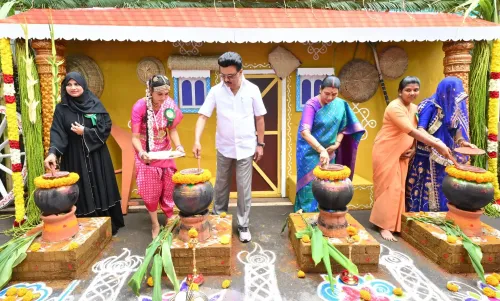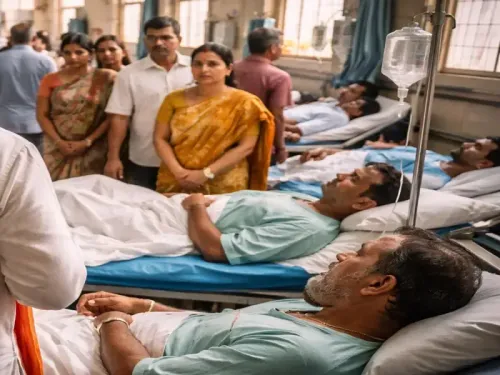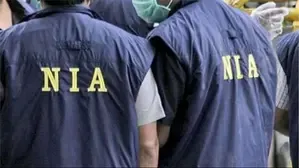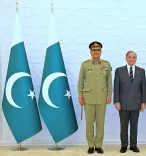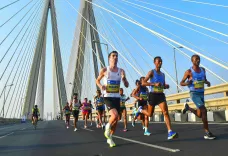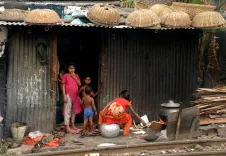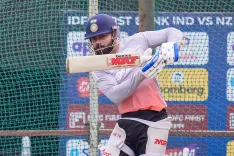Why Are Families of 2006 Mumbai Train Blast Victims Demanding a CBI Probe?
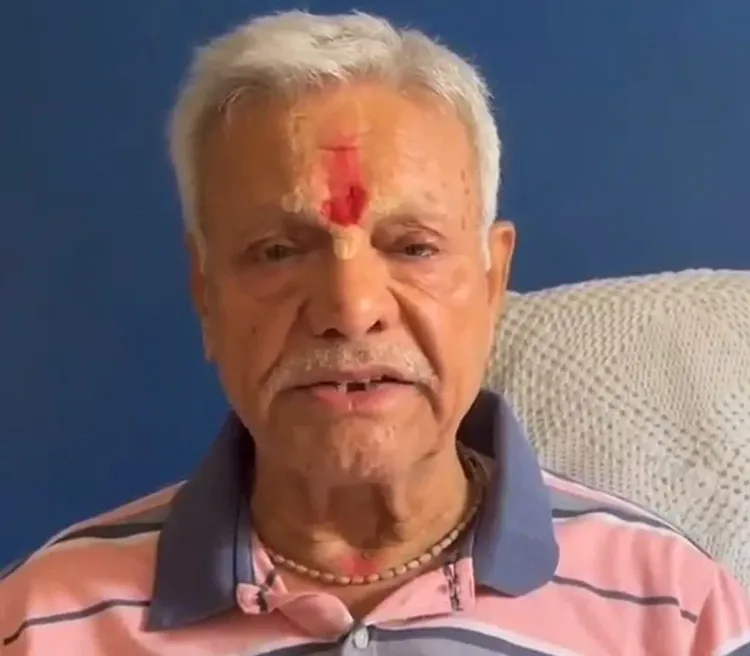
Synopsis
Key Takeaways
- Families of victims are calling for a CBI investigation.
- The Bombay High Court acquitted all 12 men convicted in the case.
- Concerns about the original investigation's integrity have been raised.
- 189 lives were lost in the devastating attack.
- Fresh calls for justice have emerged after years of silence.
Mumbai, July 21 (NationPress) Following the recent ruling by the Bombay High Court that acquitted all 12 individuals previously convicted in the 2006 Mumbai train bombings, the families of the victims expressed their profound dismay and urgently called for a renewed inquiry. They are appealing for the case to be reassigned to the Central Bureau of Investigation (CBI).
The families have raised doubts regarding the thoroughness of the original investigation and are seeking accountability, voicing their fears that justice may have been denied to the 189 lives lost and over 800 injured in this tragic incident.
In a conversation with IANS, Radhe Shyam Dubey, a survivor of the attack, stated, “It is essential that a comprehensive re-investigation occurs. The CBI must take the lead on this matter. Those accountable should not be allowed to evade justice. There appears to be significant collusion involved. I implore the government to act - this case should ascend to the Supreme Court. That day saw seven synchronized explosions. Countless families have been shattered. We are entitled to answers. Justice delayed cannot equate to justice denied.”
He continued, “There have been inconsistencies from the very beginning. Kirit Somaiya spearheaded the efforts back then, yet the current situation remains ambiguous. The truth must emerge, and justice must be served.”
Another victim's relative lamented, “This is devastating. If they were indeed guilty, they should face consequences. We are left confused. We don't fully grasp the developments in the case. If the High Court deemed them innocent, we must respect that, but it still leads to many unanswered questions.”
The verdict from the Bombay High Court, delivered by a panel including Justice Anil Kilor and Justice S.G. Chandak, has overturned the 2015 ruling from a special MCOCA court that convicted 12 individuals, sentencing five to death and the others to life imprisonment.
With the recent decision, the High Court mandated the immediate release of the 12 accused, asserting that the prosecution did not establish the charges beyond a reasonable doubt.
Among the 13 initially arrested, one - Dr. Wahid Sheikh - was already acquitted by the special court in 2015. The remaining 12 have now been exonerated.
The 2006 bombings, one of the most severe terrorist acts in Mumbai's history, occurred during the evening rush hour on July 11. In just 11 minutes, seven bombs detonated in pressure cookers concealed in bags across local trains running between Churchgate and Borivali, resulting in 189 fatalities and 824 injuries.
Forensic examinations confirmed that the explosives contained RDX and ammonium nitrate, raising alarms about potential cross-border terrorism.
The Anti-Terrorism Squad (ATS) had submitted a chargesheet under the Maharashtra Control of Organised Crime Act (MCOCA) and the Unlawful Activities (Prevention) Act (UAPA), alleging involvement of Islamic militants backed by Pakistan.


